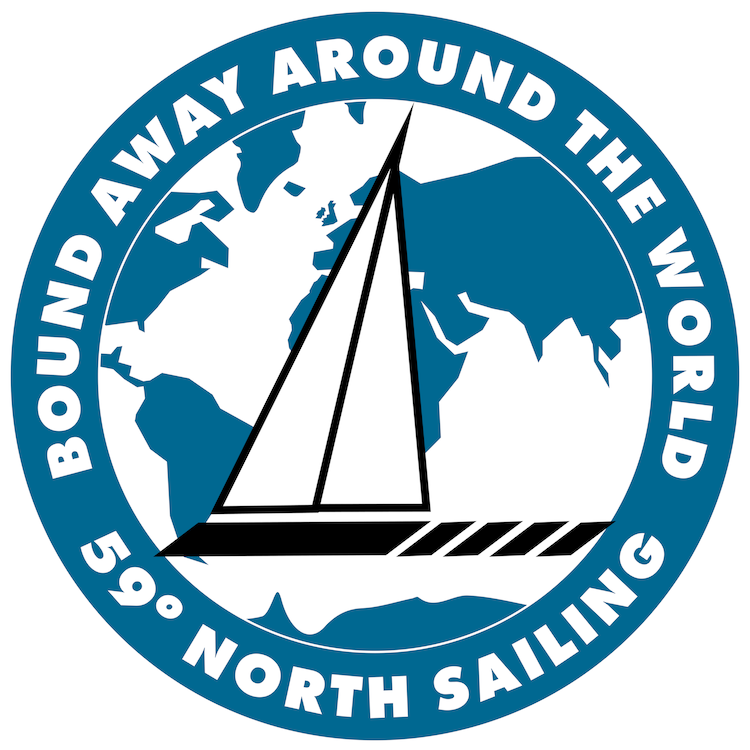Here comes No. 4 in the ongoing 'Don Street Stories' series. This one was intended to be run as a sidebar to the magazine article, and it's less of a 'story' than it is my own thoughts on one of Street's most vehement opinions, and that's manual bilge pump capacity. Don't get me wrong - I agree 100% with Street that boats going offshore need more pump capacity - but my thoughts below represent what I see actually happening in the ocean sailing world, not necessarily what I think is right. Interestingly enough, Patrick Shaughnessy, President of Farr Yacht Design, and I talked about this very topic in my last podcast episode. Here goes.
More and more people are crossing oceans in lightly built production boats, un-seaworthy boats, by Street’s definition. Granted there is a lot you can do to a production boat to make it more suited to crossing oceans, but you can never escape the fact that most modern production boats simply aren’t designed or built for the rigors of continuous bluewater sailing. I think it probably drives Street nuts.
Inevitably each year a boat will be lost crossing an ocean, and Street will begin his email campaign anew, writing to magazine editors, insurance companies, race committees and rally organizations. He’ll argue for heavier-duty manual bilge pumps and claiming that had the crew worked harder, they might have saved the boat.
But in a way, I think Street is missing the point. Boat design and construction has changed as Street has aged, but something more important has changed with it – the sailors that take the boats to the sea. Gone are the days of true self-sufficiency when the ocean sailing yachtsman needed to know celestial navigation just to get somewhere and had very limited means of calling for help should the need arise. Ocean crossings today seem deceptively easy, logistically at least, and are usually long-term sabbaticals, once-in-a-lifetime adventures to be seized before returning to a life ashore.
And therein lies the conundrum – if you’re taking on water at an alarming rate halfway across the Atlantic, you have insurance on the boat and a freighter is standing by to pick you up, are you really going to work that hard to save the boat, a boat which may have no sentimental value to you, for you’ve purchased it solely for the sake of taking on this great adventure, with intentions to sell it anyway once your done? Is the size of your manual bilge pump really going to make a difference when absolute safety awaits on the bridge of a container ship? And should that choice be ridiculed or applauded?
I agree with Street that standards need to be raised, because one of these times there won’t be a container ship waiting and the crew will have no choice but to try and save the boat. But I think overall the attitude of absolute self-sufficiency is long forgotten. Most people now expect help just over the horizon and plan accordingly.


